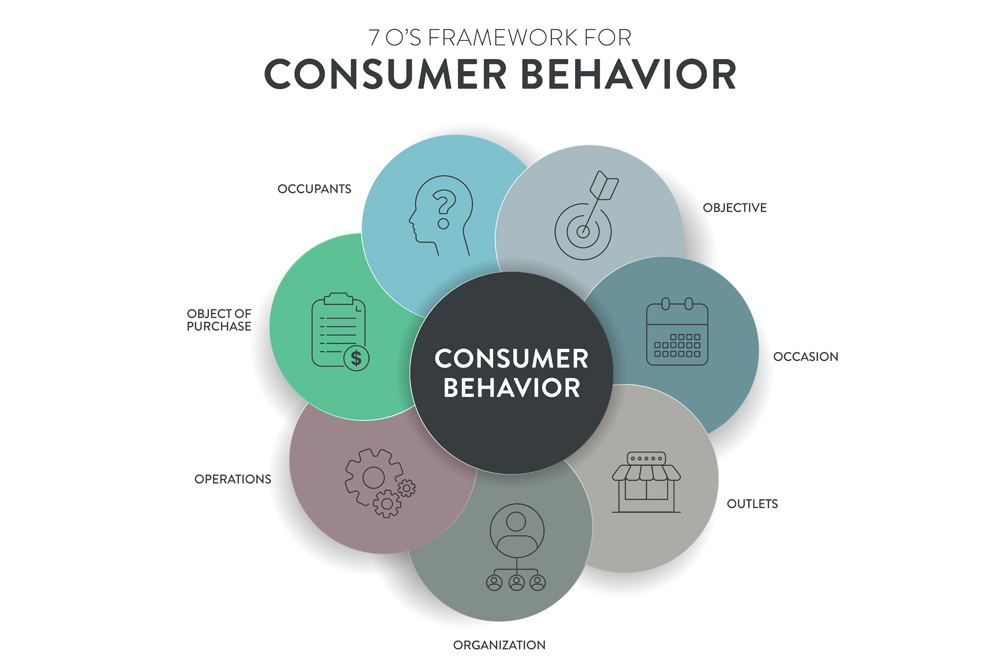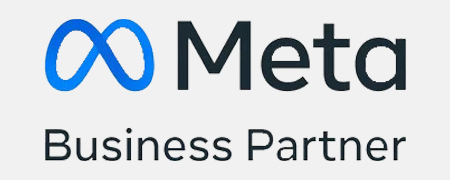How Does Optimal Stopping Influence Consumer Behavior in a World of Infinite Choices?
In today’s digital age, consumers have more choices than ever before. From streaming services to online shopping platforms, the sheer number of options can be overwhelming. This abundance of choice presents a unique challenge for marketers: how to help consumers make decisions quickly and confidently. The concept of optimal stopping,…
Read More
How Does the Law of Least Effort Influence SEO and Why Do Search Engines Reward Simplicity?
Search engines like Google aim to deliver the best possible experience to users by providing relevant and accessible content. To achieve this, they reward websites that follow principles of simplicity and ease of use, aligning with the Law of Least Effort. This psychological concept, which suggests that people naturally gravitate…
Read More
How Does Cognitive Dissonance Arise in Social Media Marketing, and How Can Marketers Navigate It?
Social media has transformed the way brands interact with consumers, offering a powerful platform for building relationships and promoting products. However, with this increased interaction comes the challenge of managing cognitive dissonance—a psychological phenomenon that occurs when consumers experience conflicting thoughts or feelings about a brand. In social media marketing,…
Read More
How Does the Law of Least Effort Shape Consumer Behavior in a World of Information Overload?
In an era of constant connectivity and information overload, consumers are bombarded with choices at every turn. The Law of Least Effort, a principle grounded in psychology, explains that people naturally gravitate toward options that require the least amount of mental or physical exertion. This principle has significant implications for…
Read More














